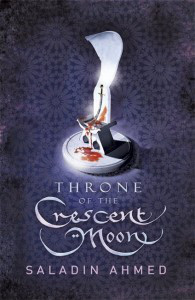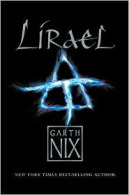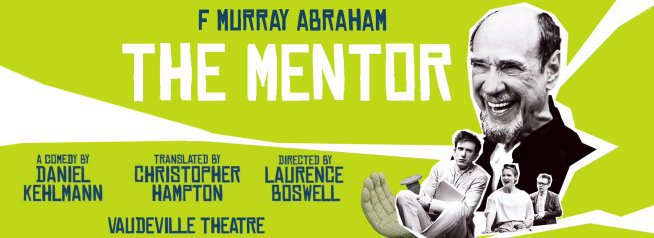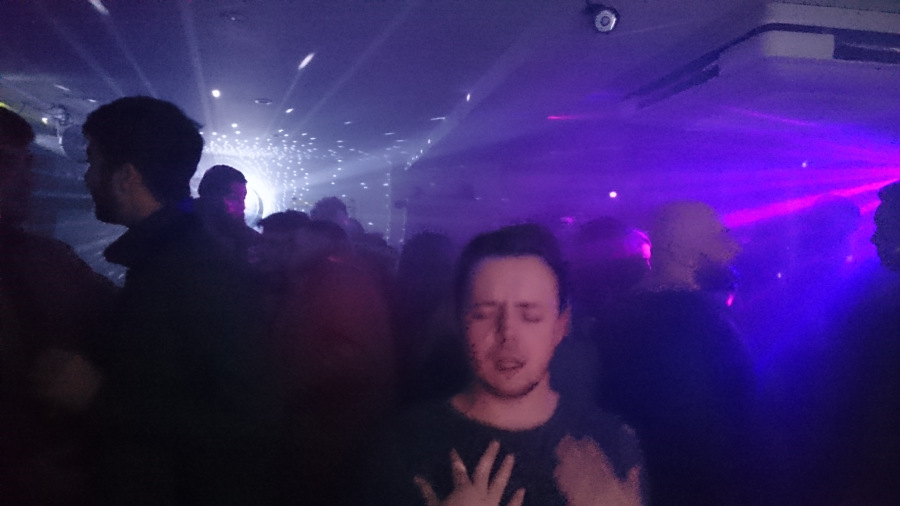Apologies for no entry last week. I was out of town and extremely exhausted. I will be making a more concerted effort to be weekly from here out.
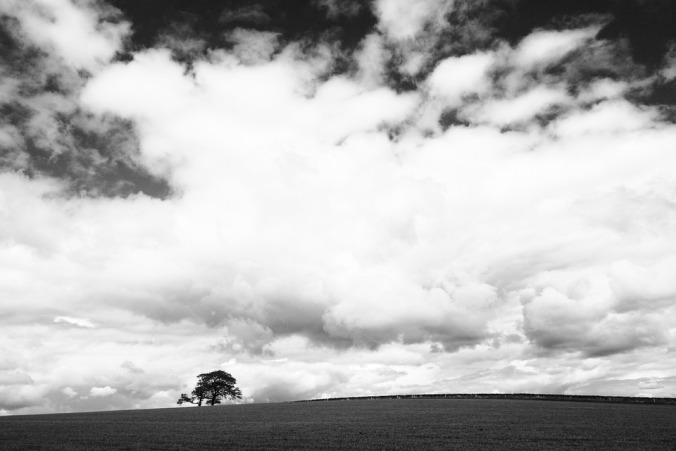
Image Source: Pixaboy
One of the common fears I’ve heard around being single is the fear that one will be perpetually alone. Indeed, this is an insecurity I have often harbored, motivating me to try to seek any sort of relationship, no matter how toxic. Bella DePaulo even identifies this as her ninth myth about being single in her book Singled Out: “Poor Soul: You Will Grow Old Alone and You Will Die in a Room by Yourself Where No One Will Find You for Weeks.”
This has motivated me to examine the literature of those who have chosen to be alone: so-called loners who shun as much human contact as possible. Specifically, I’m reading Sara Maitland’s How to Be Alone and Anneli Rufus’s Party of One: The Loner’s Manifesto. The message of both authors is clear: there is absolutely nothing wrong with being alone, and some of the most creative and spiritual people who ever lived were loners, shunning human contact much of the time. Rufus examines a litany of famous, and not so famous, people who have chosen to be alone, from the Buddha to Kurt Cobain, to show that, throughout history, there have always been people who have chosen to withdraw from the world.
For Maitland’s part, she definitely lives out the role of the loner, living in an isolated house in the middle of Galloway, an isolated region in Southwestern Scotland, with the most social activity of her week often being a trip to her Quaker meeting house. Yet she is happy and content with her life, having learned to enjoy her own company.
Both books are clear that there is a definite prejudice about being alone. I wonder if this is a condition of the existential situation we currently find ourselves, in which a person can have all the friends they want via social media and never actually have to see them face to face. We have so many “friends” but still feel as if we are lacking something in our lives, unable to grasp what it is we are looking for.
We fear those who actually enjoy being alone and project our own insecurities onto them about how unhappy we think they are based on our own deep-seated malaise. There’s a word for this: monophobia, the fear of being alone, and it can lead not only to depression, anxiety, and insecurity, but can lead to us being overly needy in the relationships we do have, pushing those people further and further away.
Living in a rural part of the country, far from my family and most of my friends, I’ve learned to be better with being alone than I once was. There was a time, though, that I would sit alone in public places for hours, hoping someone, anyone, would make contact with me. What I was craving wasn’t an end to my aloneness; it was connection, and I’m learning I have to find that connection within, first of all. Rufus makes the point that there’s a little desire to be a loner within each of us and, though I don’t think I’m ready to go to the extremes she and Maitland have, I do quite enjoy having some alone time, especially given that I’m an introvert and definitely need time to myself to recharge my spirit.
This begs a question, though: am I truly alone? Are any of us? Maitland believes she’s a loner, but I wonder if her fellow Quakers would notice if she suddenly stopped attending service. Indeed, I suspect I would only need to miss one meeting before my own parishioners started a welfare search for me, and I certainly have friends and family who care about my well-being.
DePaulo says it’s a ridiculous myth to believe that a relationship can guarantee you won’t die alone. “How could marriage possibly provide insurance against dying alone?” she asks. “Unless both partners to the marriage die at the same instant, one is guaranteed to die without the other.” Indeed, I will not die alone as long as there are people in this world who care about me. It’s just that the prejudice of seeing relationships as inherently more valuable than friendships keeps us from recognizing how surrounded with human connections we really are.
So I won’t be moving to Galloway, Scotland anytime soon, but I will be learning to cultivate the inner relationship with myself that is to be found in moments of aloneness and silence. It is in these moments that I am able to truly understand who I am and learn to love and appreciate myself so that awesome soul can be shared with others in a healthy and respectful way.
Advertisements Share this: